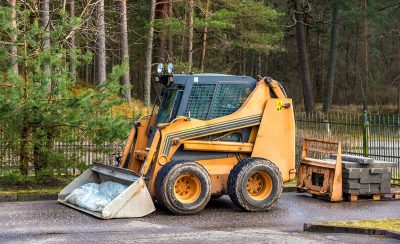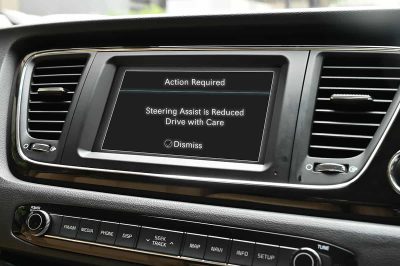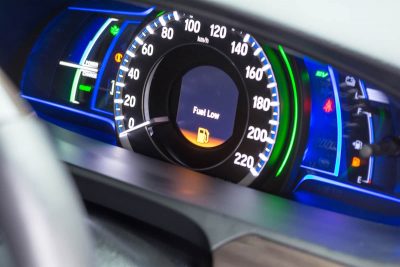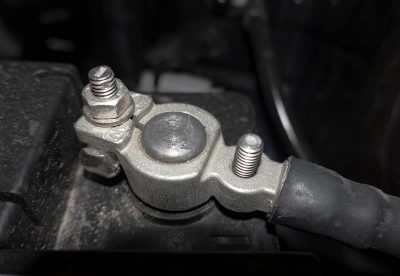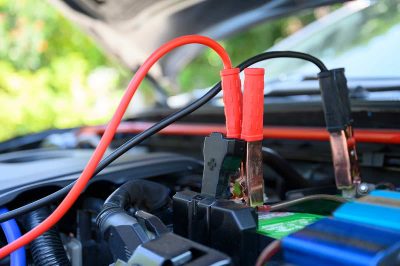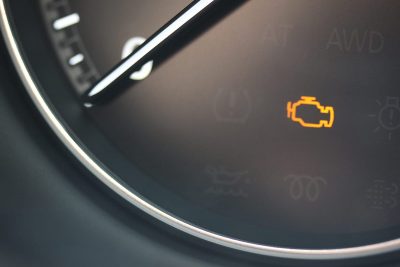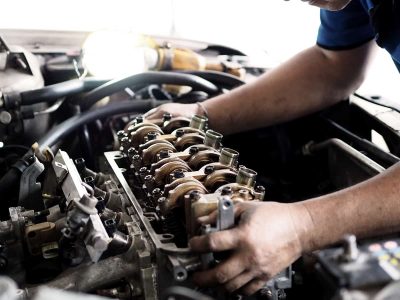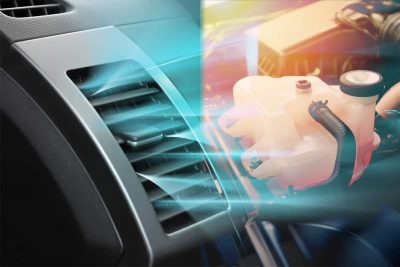The loader’s onboard computer system of your Bobcat is equipped with error codes that provide crucial information about what’s gone wrong. By taking a few minutes to diagnose the error code, you can quickly identify the issue and get your Bobcat back up and running in no time.
As you start your car and begin your daily commute to the office, you hear an unfamiliar clicking or knocking sound coming from your dashboard. With a little knowledge and some troubleshooting, you’ll be able to get to the bottom of the noise and get back to your daily routine. Today, we’re going to take a closer look at these causes and figure out what you can do (if anything) to resolve them.
The warning “Steering Assist Is Reduced, Drive With Care” indicates that the vehicle’s steering assist system has been temporarily disabled or is not functioning properly. This may be due to a technical issue, a malfunction of the sensors or the control unit, or a limitation of the system in certain conditions, such as low tire pressure or a damaged steering column.
The gas light usually turns on when your gas tank has around 10 to 15% of gas left. Depending on the make and model of your car, you may be able to drive an additional 10 to 30 miles, but it depends on the gas tank capacity and average mileage per gallon.
The O/D Off light or Overdrive Off light indicates when the vehicle’s overdrive function has been turned off. Overdrive is a gear that allows the vehicle to operate at a higher speed with less engine RPM, improving fuel efficiency and reducing noise.
A fully-charged Tesla battery covers a distance of between 250 and 400+ miles, depending on the car model. Overall, a Tesla battery is good for roughly 1,500 cycles or between 300,000 and 500,000 miles.
The correct wrench size will correspond with the size of the battery nut. In most cases, that means the wrench should be 8 or 10 millimeters. Check your car’s manual to see what wrench size you need to connect and disconnect the car battery.
The size of battery bolts varies based on the type and brand of battery, but most battery bolts used in cars have a standard size. They are typically 10 millimeters in diameter (about 0.4 inches) and 1.24 inches long. The thread size of these bolts is 5/16 inches,
The average timeframe for recharging a dead car battery is between 10 and 24 hours. To get a more precise figure, divide the battery’s amps by the charger’s amps per hour—this should give you a rough estimate of how many hours it will take to fully recharge an empty car battery.
In the case of a transient issue, the check engine light may reset itself between engine starts. Most of the time, the indicator will return the next time the engine is started.
The weight of a car engine varies, but on average, it weighs between 300 and 700 pounds. Larger engines, such as V8s, usually weigh between 400 and 700 pounds, while smaller V6 engines typically weigh between 300 to 450 pounds. It is worth noting that diesel engines tend to be heavier and can weigh more than 700 pounds.
Engine coolant helps regulate the temperature of the engine, and it also plays a role in the AC system. If the coolant level is too low, the compressor, which is a critical component of the AC system, may not receive enough lubrication, leading to decreased performance or complete failure.
